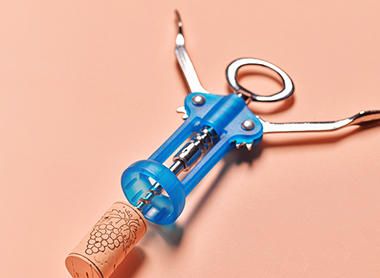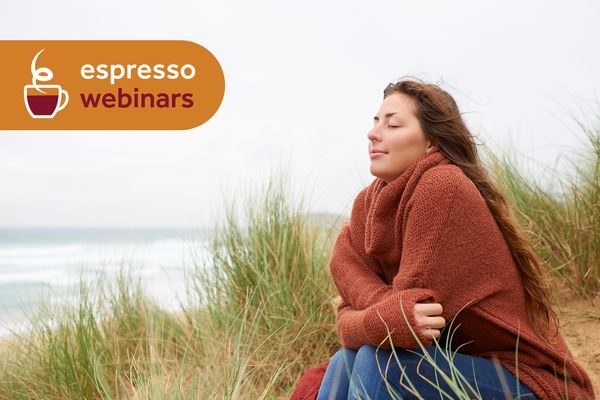In association with our partner psychologists, Psych Health.
The causes of addiction are varied and complex and will differ from person to person. As such, we don’t always know the contributing factors behind it. In recent years, however, experts have made great progress in developing our understanding of the underlying causes, including the impact of early childhood experiences like financial struggles, an unstable home life, and traumatic events.
By recognising these vulnerabilities, we can all work towards creating a more supportive and empathetic society that prioritises mental health and wellness for all. Studies suggest that even with a genetic predisposition to addiction, you may never develop one if you have a loving support network and no early-life trauma. And even if you have a low susceptibility, you can still develop an addiction.
what are the psychological causes of addiction?
There are a few psychological factors that can cause addiction. For instance, if you have been diagnosed with a mental health disorder such as anxiety, depression, or post-traumatic stress disorder (PTSD), or had a traumatic childhood experience, you may be more at risk.
Personality traits like impulsivity and sensation-seeking are also linked explicitly with substance use disorder and gambling addiction.
what causes addiction in the brain?
Addictive behaviour occurs when dopamine develops in our brains, which can offer a rush of pleasure. Of course, the pleasure might be fleeting – putting a coin into a slot machine takes seconds, for example. But still, unpredictable rewards (like pay-outs) can feel addictive and maintain this gambling behaviour, presenting itself as a feeling of hope. You may hold onto hope that the outcome will be a win to alleviate financial pressures, make life better, or to be able to provide security for loved ones.
The more you engage in the rush, the more tolerant you become to dopamine; this is why we seek out more ways to feel the 'dopamine hit'. The behaviour then escalates because eventually our brain rewires to focus on pursuing and attaining the desired outcome.
It’s such a powerful driving force that, unintentionally, your brain might make irrational decisions seem rational. As a result, we experience intense distress due to the absence of dopamine.
what environmental factors contribute to addiction?
We also know that nature versus nurture is significant. For example, traumatic childhood experiences can often lead to addiction and significantly impact physical and mental health. These negative experiences may include the absence of a caregiver's love. Unfortunately, it’s not uncommon to hear of childhood where your practical needs are met, but a lack of affection leads to low self-esteem and emotional pain.
Some other environmental factors like grief or military family life have also been associated as a cause for addiction. With easy internet access, there are many addictive routes to alleviate emotional difficulties. Still, they won't help to fix the underlying wound.
Now that you understand a little more about the causes of addiction, reading 'how to get help for an addiction’ or 'how to support a loved one’ may be helpful.








